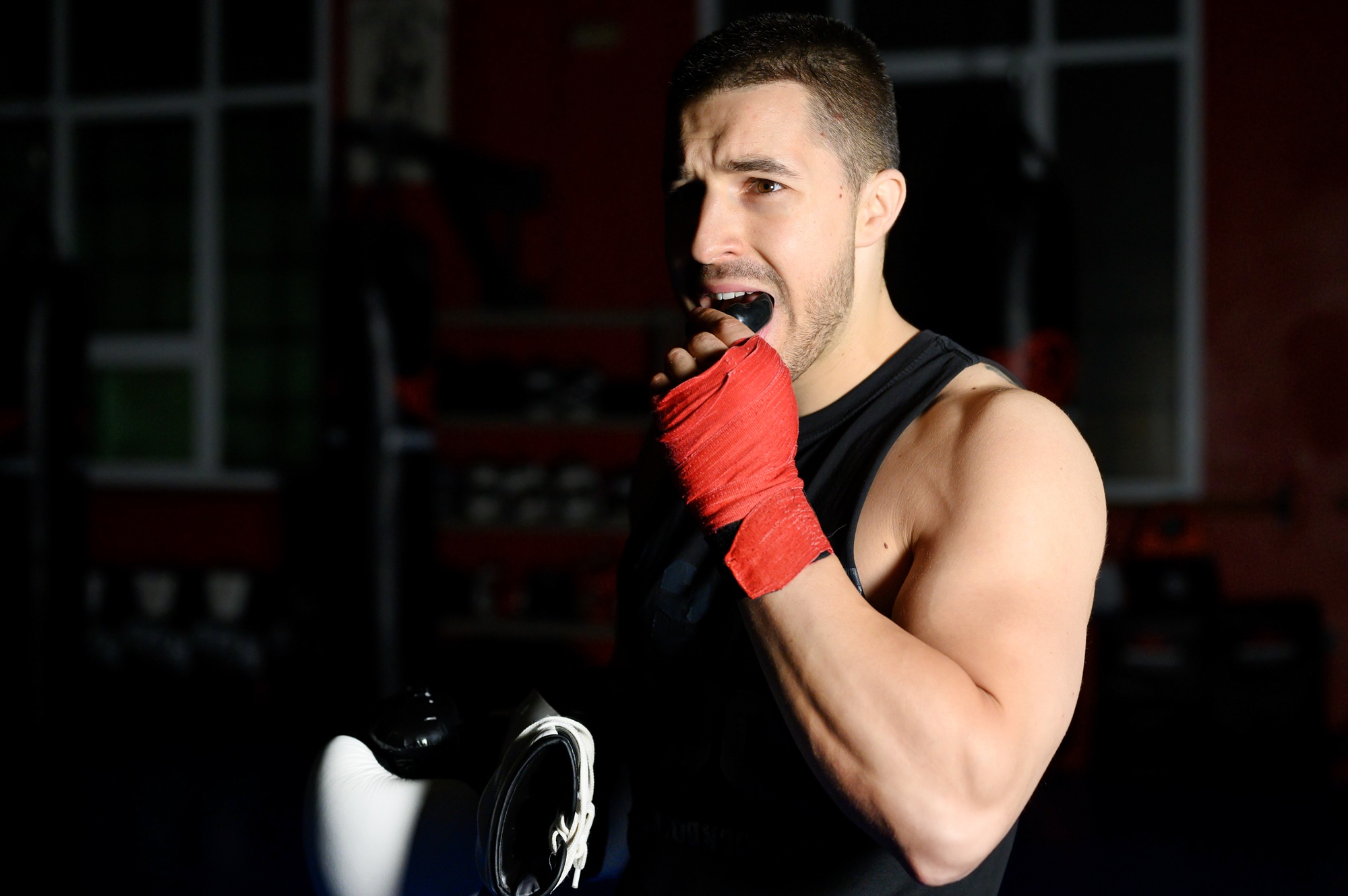
Playing sports offers lots of benefits for your health, but it can lead to injuries, too, including injuries that affect your teeth. If you or your child has a sports-related tooth injury, here’s how to prevent further problems.
Unfortunately, dental emergencies are all too common, particularly among people who play sports. Whether the injury is related to a fall or another type of impact, dental emergencies can be serious, and all types of emergencies benefit from immediate care.
Richard Blackburn, DMD, MA, and the team at Volterra Dental are trusted providers of emergency dental care. They help patients of all ages protect their smiles, relieve pain, and avoid more serious issues. If you or your child has a sports-related dental injury, here’s how to handle it.
Handling a Knocked-Out Tooth
The first step in determining how to handle a sports-related dental injury is to know what type of issue you’re dealing with. While every type of injury requires prompt care, knocked-out teeth need emergency treatment to help save the tooth.
When a tooth is knocked out, it’s important to only touch the upper part of the tooth (the crown) and to avoid touching the root part. Even a little pressure on the roots can damage them, making implantation impossible.
Next, rinse the tooth gently to remove any dirt. Don’t scrub or use soap or an antiseptic, as these can kill sensitive root tissue.
If you can, try to gently insert the tooth back into its socket, holding it in place by gently biting on a piece of clean fabric or gauze. If you can’t, place the tooth in a container of cool milk or saline solution or gently place it between your cheek and gum to keep it moist. Then, head to the emergency room or our office immediately.
Handling Other Sports-Related Injuries
Knocked-out teeth aren’t the only type of dental injury that can happen. The other injuries listed here also require special care to protect your smile and prevent additional problems.
Fractured, Chipped, or Cracked Teeth
If a tooth breaks, try to find the pieces and place them in a container of milk. For fractures, cracks, and chips, rinse gently to remove debris, then call the office immediately to schedule an emergency visit.
Avoid biting or chewing in that part of your mouth. You can also use some dental wax to cover any sharp edges. Applying a cold compress and taking over-the-counter pain medicine helps relieve discomfort.
Loose Teeth
A loose tooth is just what it sounds like — the tooth remains in its socket, but it can be moved, sometimes easily. If you have a loose tooth, resist the urge to move it with your tongue or fingers, and don’t use the tooth to bite or chew.
Any pressure on the tooth could cause it to come out of its socket or cause other damage, like breakage. Instead, rinse gently with salt water to reduce inflammation and kill germs. Then, call the office immediately to set up an emergency appointment with our team.
Jaw- or Bite-Related Problems
If you have an injury that changes the way you bite or chew, that could be a sign of a serious underlying issue. If you have pain, take an over-the-counter pain medication and apply a cool compress. Once again, it’s important to call us right away to schedule an emergency visit so we can determine what’s causing your symptoms.
Prompt Care is Critical
You can’t predict when an accident will happen, but knowing what to do plays an important role in preserving your oral health. To learn more about the emergency dental care we provide, request an appointment online or over the phone with Dr. Blackburn and the team at Volterra Dental in Los Alamitos, California, today.

